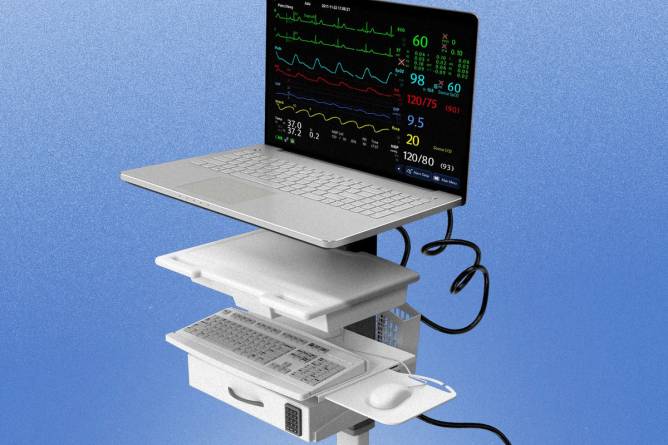In April, President Donald Trump said he was considering a “baby bonus,” i.e., cutting $5,000 checks to incentivize families to have more children in response to declining birthing rates. While still just an idea, it spurred concern among reproductive health experts. They told Healthcare Brew pregnant patients face many challenges, from lack of access to care and fewer maternity wards to high costs to the rapidly changing reproductive rights landscape across the country. For instance, it costs $18,865 to have babies in hospitals, including pregnancy, birth, and postpartum care, according to KFF. Further, over 40% of people who give birth are on Medicaid, and with Congress considering cuts to benefits, patients may soon pay those costs out of pocket. “$5,000…is probably a drop in the bucket in terms of raising a child. But is it maybe a step in the right direction? Yes,” Monica Cepak, CEO at women’s digital health company Wisp, said. “I think it should be part of a broader policy around reproductive health and childcare in our country.” Why a “baby bonus” made experts nervous.—CM | 








